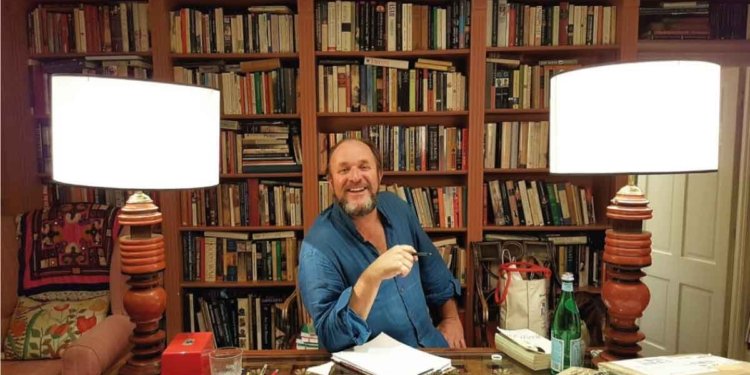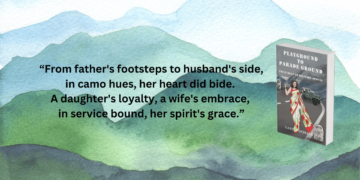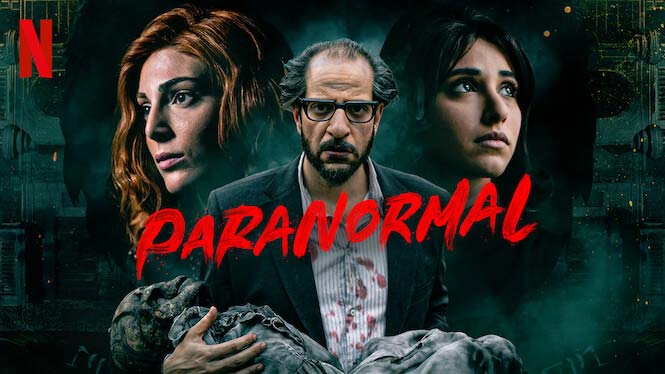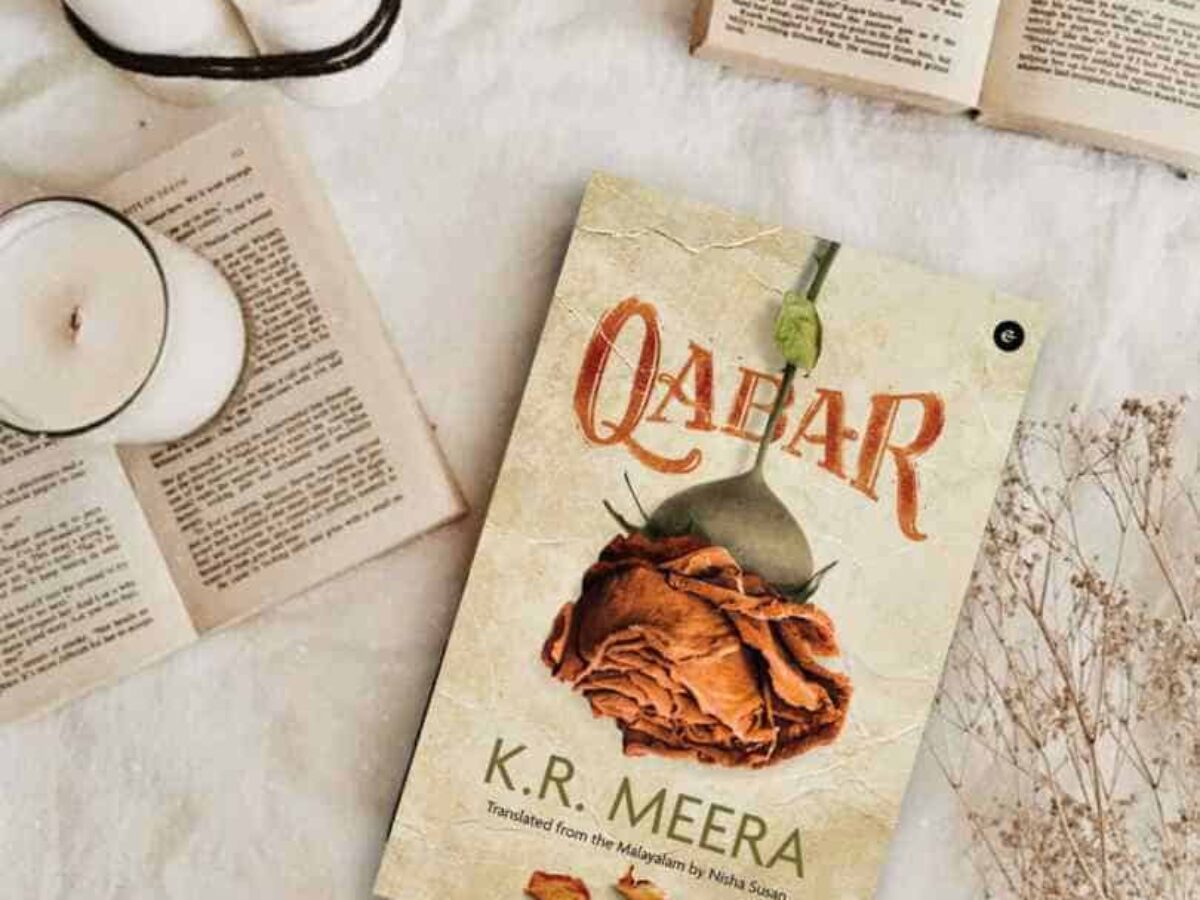India has been revered by many from the west. From adopting Krishna consciousness to settling in the Himalayas to find the truth of life, foreigners have shown utmost love to our nation.
Yet amongst all of them, Scottish historian and writer, William Darlymple has made a strong mark with his books that delve far into the mystery, beauty, anarchy, and many things that our nation faced in its past. The author who has also been known as an art curator, broadcaster, and critic has marveled his readers time and again with his creations.
His books have won numerous awards and prizes, including the Duff Cooper Memorial Prize, the Thomas Cook Travel Book Award, the Sunday Times Young British Writer of the Year Award, the Hemingway, the Kapuściński, the Wolfson Prizes, and much more. The historian is also one of the co-founders and co-directors of the annual Jaipur Literature Festival.
Besides this, he is a regular contributor to The New York Review of Books, The Guardian, The New Statesman, and The New Yorker and has also written many articles for Time magazine. He has been the Indian Subcontinent correspondent of the New Statesman since 2004.
He has co-curated a major exhibition on Late Mughal Art, Princes and Painters in Mughal Delhi, 1707–1857 for the Asia Society in New York, which ran from February to May 2012.
His books have been translated to over 40 languages.
Early life
Portrait of the Artist as a Young Man
Cambridge, 1986. pic.twitter.com/c7fFWpBK0t— William Dalrymple (@DalrympleWill) June 13, 2015
Dalrymple was born in Scotland in 1965 and brought up on the shores of the Firth of Forth. He is the son of Sir Hew Hamilton-Dalrymple, 10th Baronet, and Lady Anne-Louise Keppel, daughter of the 9th Earl of Albemarle and also a cousin of the celebrated female writer – Virginia Woolf. Besides them, his brother, Jock, was a first-class cricketer.
He was educated at Ampleforth and Trinity College, Cambridge where he served as a History Exhibitioner and then as a Senior History Scholar. In 1986, while still at college, he set off to follow on foot the outward route of Marco Polo from Jerusalem to Mongolia and wrote his first-ever bestseller about the journey in his book, In Xanadu. The book won the 1990 Yorkshire Post Best First Work Award and a Scottish Arts Council Spring Book Award and was also shortlisted for the John Llewellyn Rhys Memorial Prize.
When Darlymple moved to India
Purana Qila when it was Old Delhi, a place of refuge in the lawless countryside around Shahjahanabad pic.twitter.com/APgtdLBFUw
— William Dalrymple (@DalrympleWill) January 18, 2020
Three years later in 1989, Dalrymple moved to Delhi where he lived for five years researching his second book, City of Djinns, which won the 1994 Thomas Cook Travel Book Award and the Sunday Times Young British Writer of the Year Award. Following this, amongst his other books, he wrote a collection of his writings about India, The Age of Kali, which won the French Prix D’Astrolabe in 2005.
After four books of travel, the writer changed his genre to history in 1999. He wrote two award-winning histories of the interaction between the British and the Mughals between the eighteenth and mid-nineteenth centuries. His first book on Indian history, White Mughals was published in 2003, and the book won Britain’s most prestigious history prize, the Wolfson Prize, in the same year. It was also awarded the Scottish Book of the Year Prize, and shortlisted for the PEN History Award, the Kiryama Prize, and the James Tait Black Memorial Prize. As per reports, the book is to be made into a major motion picture, directed by Academy Award Winner, Ralph Fiennes.
His next book: The Last Mughal: The Fall of a Dynasty, Delhi, 1857, was described as ‘a masterpiece’ in the New York Review of Books, won the Duff Cooper Memorial Prize for History and India’s leading literary award, the Vodafone/Crossword award for Non-Fiction.
William’s writings on Indian history continued with his book Nine Lives: In Search of the Sacred in Modern India, published in 2009 which won the Asia House Literary Award and was also longlisted for the Samuel Johnson Prize.
Wendy Doniger wrote in the TLS, ‘A glorious mix of anthropology, history and the history of religions, packaged in writing worthy of a good novel…Not since Kipling has anyone evoked village India so movingly. Only a brilliant writer like Dalrymple could bring off this astonishing and unprecedented revelation of the humanity of people on the farthest extremes of religious ecstasy.’
As a broadcaster, he wrote and presented three television series Stones of the Raj (Channel 4), Sufi Soul (Channel 4), and Indian Journeys (BBC/PBS), the last of which won the Grierson Award for Best Documentary Series at BAFTA in 2002.
Other than his long list of fellowships and achievements worldwide, the author has also been bestowed by award and honor in India. In 2011, he was awarded the Media Citizen Puraskar by the Indian Confederation of NGOs for emphasizing as an author, issues of global importance and concern. He has three honorary doctorates of letters, one of which is from the Lucknow University ‘for his outstanding contribution in literature and history’.
William is married to the artist Olivia Fraser and has three children. The couple now lives on a farm outside Delhi.








